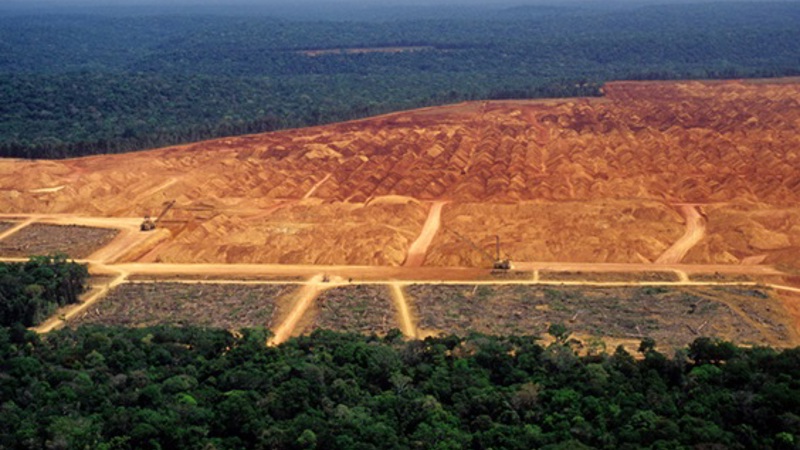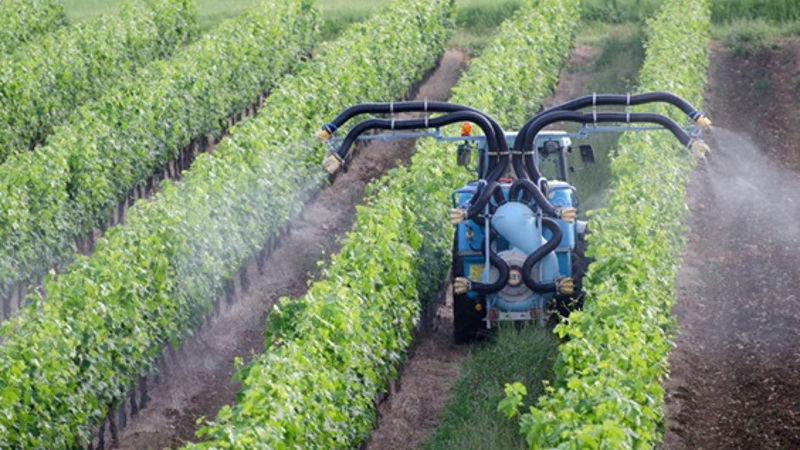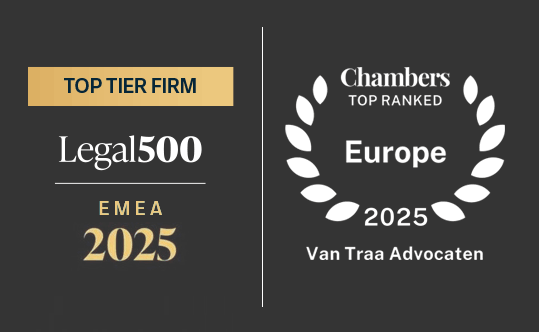Naming, shaming and faming by Dutch authorities
September 2020
Every supervising authority publishes information. Often this happens in the form of ‘naming & shaming’ – such as the publication of names of companies that do not comply with the law – even accompanied with the corresponding fining decision and underlying inspection reports. Sometimes authorities use the tool of ‘faming’ – a public pat on the back, when the inspection results were good! So does the NVWA. But can they do this just like that? Are there any rules the NVWA (or other authorities) has to comply with? And what can you do about it if your company objects to the outcome of the inspection? From September 1st, the companies’ effective remedy against publication of certain inspections of the NVWA has been limited by new rules: one needs to start a legal procedure within TWO WEEKS of hearing the outcome.
Different forms of publication: active / passive and naming / faming
All governments publish information, both actively and passively. So do supervising authorities. They do so in the form of ‘naming & shaming’, mostly by actively, on their own accord, publishing names of persons and companies that do not comply with the law, often even accompanied with the corresponding fining decision and underlying documents. The goal of ‘naming & shaming’ is to ensure safety, prevention and transparency of government action. As one of the first supervising authorities, NVWA used ‘naming & faming’ in the food service industry and consumer goods. The publication of information may be carried out in a passive manner as well; as a result of a request of a person, journalist or competitor to publish information.
Legal basis
For most supervising authorities, the legal basis is fairly simple. Active publications of information are allowed in accordance with article 8 of the Government Information (Public Access) Act (“Wob”): “The administrative body […], actively publishes information relating to their policy, the preparation and execution included, as soon as this is in the interest of a good and democratic administration.” Please note that basically everything a public authority does, falls within this scope.
Passively publishing information, i.e. upon request, has to take place if there is a request based on article 3 of the Wob: “Everyone shall have the possibility to direct a request for information laid down in documents about an administrative matter to an administrative body or an institution, a service or a company working under the responsibility of an administrative body.” Please note that everyone can file such a request; a need or interest does not need to be shown.
With both active and passive publications based on the Wob, there are exceptions. For example, company information and manufacturing information which was confidentially provided to the government cannot be published. The same goes for personal data. There always has to be a weighing of interests between the interest of publishing and interests like the protection of private life and the interest of disproportionate favouring or prejudicing of those involved and third parties (article 10 Wob). Note that in practice this does not lead to dismissal of the request, but merely to the blacklining of certain names and numbers.
Where it concerns the NVWA, an additional basis was added recently via the ‘Besluit openbaarmaking toezicht- en uitvoeringsgegevens Gezondheidswet en Jeugdwet (after this: the Disclosure Decision’) starting September 1st 2020. The new rules concern inspection results of the NVWA regarding fish markets, product safety and the food service industry. As a result of this: a. written results of inspections and research; and in the future also b. decisions to impose an administrative sanction as defined in article 5:2 of the General Administrative Law Act; and c. written warnings, will be published actively. For all the other publishing decisions, the Wob still applies. As of 1 September 2020, also NVWA’s policy document regarding publishing information has come into force.
Policy rule NVWA
The NVWA is one of the few supervising authorities which now has a policy rule regarding the use of their authority to actively publish information. Because of this, it is known in advance which information is published in which way and when. Next to this, a distinction is made between ‘theme-researches’, where on an individual level a company’s or an institution’s inspection results are published, or just per product. For example, at the individual level of a product, at least the following aspects will be published:
- theme(s);
- per product a judgment per inspection topic per theme;
- the source of information that forms the basis for the judgment;
- the company’s reaction to the judgment that is to be published. When no reaction is mentioned, the entrepreneur specifically chose not to react;
- possible further information relevant for publication (specifically per track).
This looks as follows:


Disagree? Now what?
When the NVWA publishes inspection data, it has to comply with certain rules; not just from the Wob or the Disclosure Decision, but the NVWA has to comply with the general principles of good administration as well: decisions must be prepared carefully and cannot be random. Apart from this, all the interests have to be taken into account and weight carefully. But still we see that companies often disagree with decisions to publish certain information. Because they doubt the results of an inspection for example, or because the fining rapport discloses company-sensitive information. It is good to know which legal possibilities are at hand:
- Filing View in advance of the decision to publish – If it concerns the publication of information based on the Wob, those entities involved will get the chance to submit their view within two weeks. This possibility is NOT given if it concerns active publishing decisions concerning fish markets, product safety and the food service industry based on the Disclosure Decision. In these cases, if the party concerned disagrees with the publishing decision, it has to object within TWO WEEKS after the decision and at the same time request the court for a provisional ruling constituting the suspension of the decision.
- Objections – a decision to publish can be objected against by a party concerned. The possibility to object expires after six weeks. Be aware that this term cannot be extended.
- Term for publication – Publication does not take place before the company is informed about the planned publication of specific information about the company and has been given the opportunity to object against this and/or request for a provisional ruling. This term however is short: TWO WEEKS if it concerns active publications concerning fish markets, product safety and the food service industry based on the Disclosure Decision and six weeks (including the two weeks for the view) if it concerns a publishing decision based on the Wob. This means that the information will be published before the end of the time limit for filing objections.
- Note: the filing of views or an objection does NOT suspend the decision nor does it suspend the publication. Only if a court is requested for a provisional ruling has such an effect, however this is temporary. In this case the effect of the decision is postponed until the court in preliminary relief proceedings has issued a ruling on the matter.
- Note: the filing of views or an objection does NOT suspend the decision nor does it suspend the publication. Only if a court is requested for a provisional ruling has such an effect, however this is temporary. In this case the effect of the decision is postponed until the court in preliminary relief proceedings has issued a ruling on the matter.
- Short note – The NVWA gives the possibility to give a reaction of maximum 50 words to accompany the published information. For example: “Company X has taken note of the inspection results, but does not agree with. Legal actions will be taken” or “Company X regrets the irregularities within its business operations leading to this fine, and has taken action to prevent this in the future.”
In conclusion
All in all we conclude that the NVWA is progressive in the field of active and passive publications. Not only by the actual systematic use of her authority to ‘name & shame’, but also by encouraging companies to comply in a positive way by ‘faming’. Besides, the recently published policy as a result of the coming into effect of the Disclosure Decision is clear and transparent. However, it also shows that the right of companies to effectively object to publication is being limited. Quick actions and legal procedures are necessary to prevent publication.
Is your company confronted with a decision of the NVWA (or a different authority) to publish information about your product or company? And would you like to know more about your rights? Please contact Silvia Gawronski.










